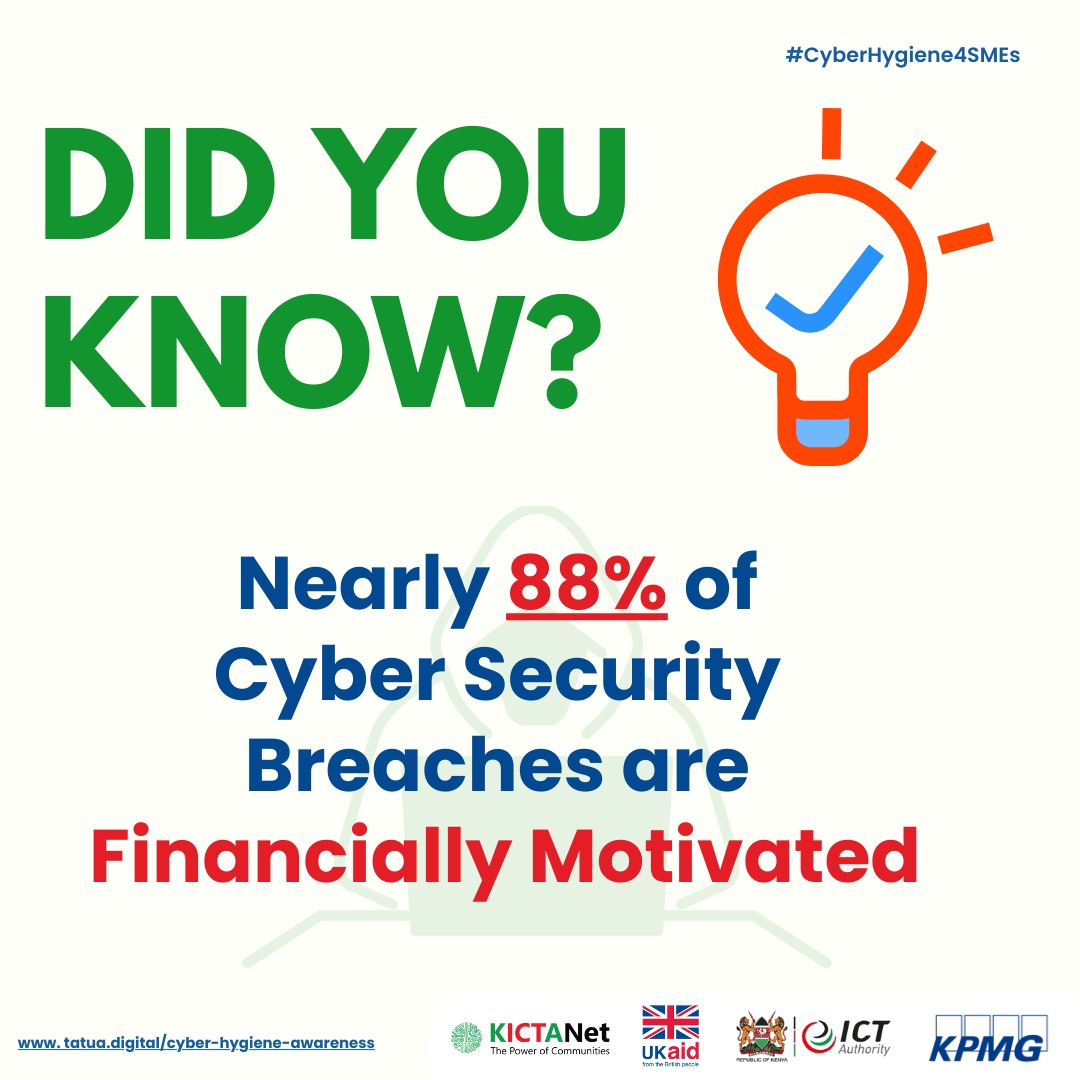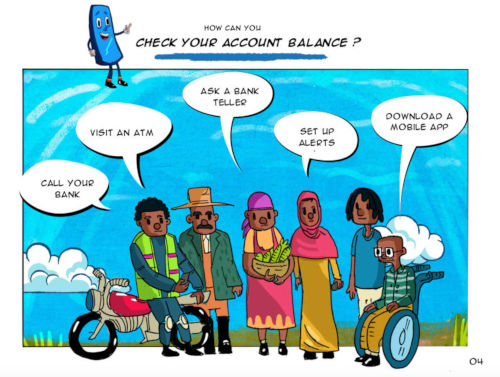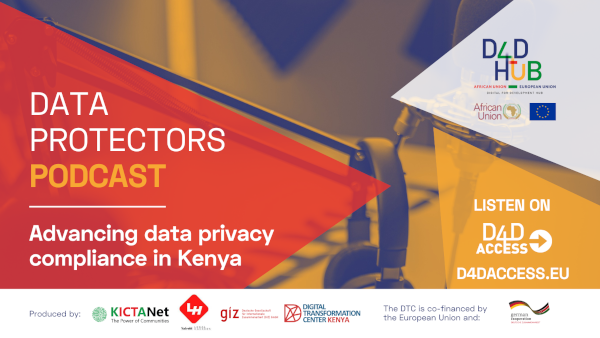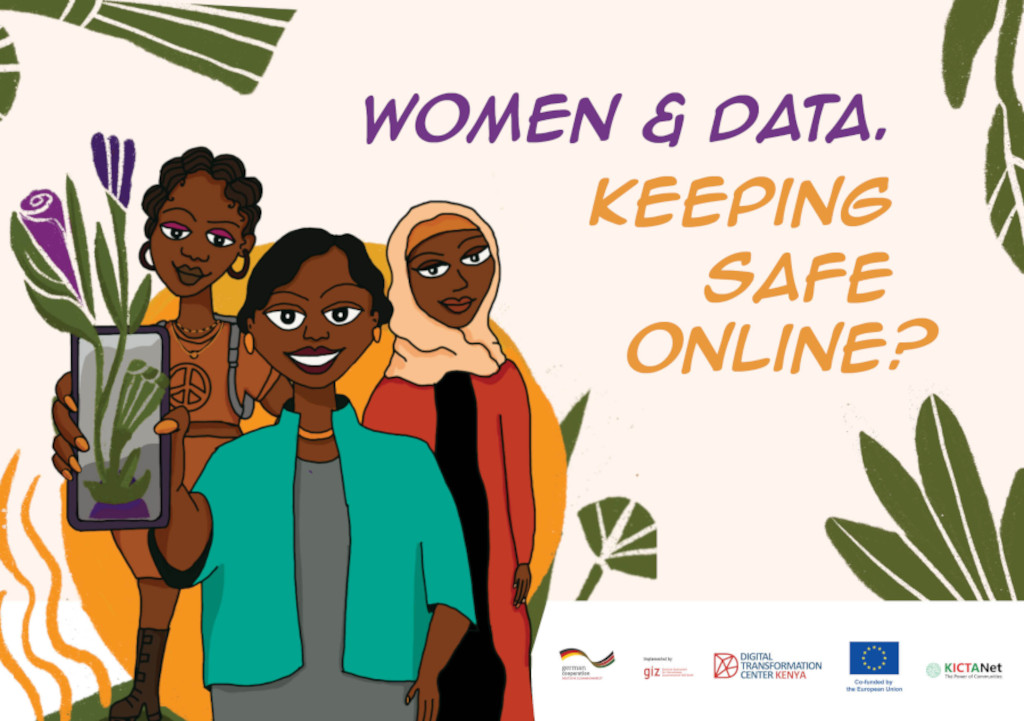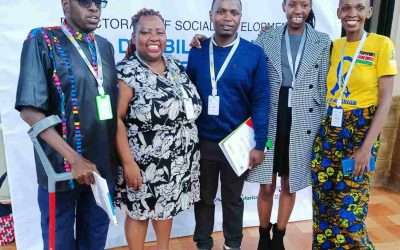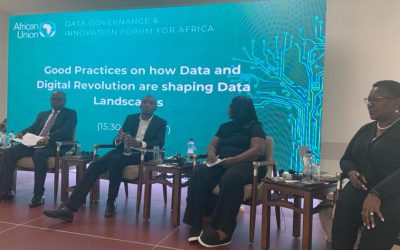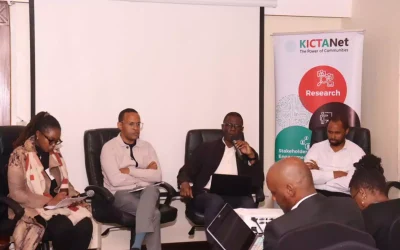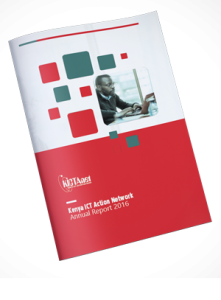KICTANET POST : Latest news, events & opportunities
Why the Data Commissioner Should or Shouldn’t Report to a Board
The article explores the pros and cons of having a board to oversee the Office of the Data Protection Commissioner in Kenya, and compares it with other models in the region.
![]()
How to Empower Women Against Online Violence
Online gender-based violence (OGBV) is a serious threat to women’s rights and safety in the digital space. OGBV affects women of all ages, backgrounds, and abilities, and it can have devastating consequences for their physical, mental, and social well-being,...
Intersectionality in Disability: The Underrepresented Groups
In our world today, intersectionality is a term that has become increasingly popular, and for good reason. It is a term that cuts across all aspects of human life, and encompasses a wide range of groups, including those belonging to national or ethnic, religious and...
What is an Open Data Policy and How Does It Benefit Society?
An Open Data Policy is a set of principles and guidelines that make non-sensitive data freely available to the public. Learn how open data policies promote transparency, innovation, and collaboration in this article.
![]()
Women and gender minorities need online privacy and security
A webinar on “Afro-feminist Perspectives on Data Governance” was held on November 27, 2023, by KICTANet, CIPESA, and Internews, to discuss the gender biases and challenges that exist in data governance practices, and the concept of gender-responsive data protection and privacy. The speakers and participants shared their experiences and insights on how to protect their online privacy and security, and what measures and policies are needed to ensure that their data rights are respected and protected. The webinar also explored the opportunities and challenges of data generation and use in Africa, and the concept of data justice as a way of ensuring social justice within the data ecosystem.
![]()
KICTANet Initiates Dialogue on AI Policy and Regulation in Kenya
KICTANet held a successful AI round table with key stakeholders to discuss the opportunities and challenges of AI policy and regulation in Kenya. The article summarizes the main points and insights from the event.
![]()
Navigating the Digital Frontier: KICTANet’s Insights and Recommendations for African Media at the AU Special Technical Committee on ICT
In a dynamic discussion at the African Union Special Technical Committee (STC) on ICT in Addis Ababa, Ethiopia, KICTANet along with partners UNESCO and GIZ, delved into the challenges and opportunities facing African media in the wake of COVID-19 and the digital...
How Online Gender-Based Violence Threatens Kenya’s Vulnerable Groups
A study on online gender-based violence in Kenya, its nature, prevalence, impact, and legal framework.
![]()
AI in Kenya: Opportunities, Challenges, and Priorities
Learn about the key insights and recommendations from the policy discussion on artificial intelligence (AI) in Kenya, hosted by KICTANet on November 16, 2023. The discussion featured experts and stakeholders from the government, private sector, civil society, and academia who shared their perspectives on the benefits, challenges, and priorities of AI in the country.
![]()
KICTANet is a multi-stakeholder Think Tank for ICT policy and regulation. The Think Tank is a catalyst for reform in the Information and Communication Technology sector. Its work is guided by four pillars of Policy Advocacy, Capacity Building, Research, and Stakeholder Engagement.
KICTANet’s mission is to promote an enabling environment in the ICT sector that is robust, open, accessible, and rights-based through multistakeholder approaches.
During the 2022 – 2024 strategic period, KICTANet has prioritised the promotion of effective multistakeholder participation; an enabling legal, policy and regulatory environment; building capacities and empowered communities; and institutional strengthening. KICTANet’s guiding philosophy encourages synergies in ICT policy-related activities and initiatives. As such, the network provides mechanisms and a framework for continuing cooperation, engagement and collaboration in ICT matters among industry, technical community, academia, media, development partners, civil society and government.
_____
Strategic Priority.
- Convening power. To strengthen and promote engagement, collaboration and relationships with relevant stakeholders (state, business and non-state actors).
- Promoting an enabling environment. To catalyse policy, legislative and regulatory reforms in the ICT sector.
- Building capacities and empowered communities. To build the capacity of the stakeholders across government, business society and civil society and the citizens.
- Institutional strengthening.
The report outlines the work undertaken in between 2007 and 2016 which is underpinned by crowd sourcing and community engagement
Click here to download the report
FACTS AND FIGURES
Achievement of the Network over the Years
Publications
Thought Leadership Forums
Persons trained
Policy Interventions
Conversations in KICTANET listserv
Active listers contributing often
Different conversation threads
Impressions on ICT policy discussions
Our Pillars
KICTANet’s organisational strategy:
Policy Advocacy
Capacity building
Research
Stakeholder engagement
We facilitate stakeholder engagement through collaborative initiatives in face-to-face Town Hall meetings, and in the KICTANet?s interactive mailing list where multiple stakeholders engage regularly on ICT policy issues.


